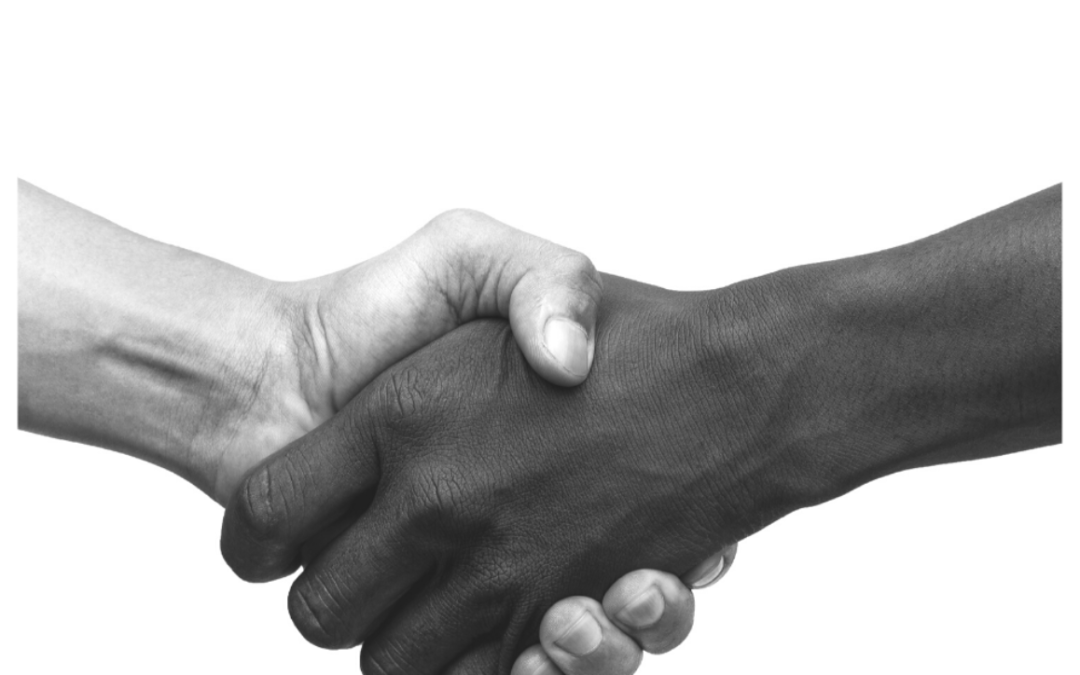
by CHRC | Feb 16, 2021 | Community, Diversity, Equity, Inclusion, Inspiration, Leadership
What do you think when you see this image?
Some may think this is a very overused image.
Perhaps it’s a cliché. It’s over-done. It over-simplifies something that isn’t simple at all.
But about two years ago, those of us in Chicago learned, or re-learned, how a group of young white men from Mississippi sent a decoy group to board a plane, then drove out of their way, across their state border, and came to the frigid north in March, just so they could play a ball game.
And that meant a white player shaking hands with a Black player at center court. For the whole country to see. Including the Governor of Mississippi who had forbid them to leave their state precisely because he didn’t want them to compete with Black athletes.
When Loyola beat Mississippi State, the Chicago school went on to win the NCAA championship; so far, the only Chicago college to capture such an honor. A stirring reminder of that achievement reverberates throughout Loyola’s Gentile Arena whenever the Ramblers reach 63 points: the student section chants “six – ty three, six – ty three.”
Many have argued how significant or insignificant that game was. Against a backdrop of Civil Rights issues that were yet to be addressed, and the violence and economic hardship that continued, how much did that game change?
But in 2011, when Jerry Harkness attended Joe Dan Gold’s funeral in Kentucky, there, next to the casket was a picture. It was from 1963, of the two of them shaking hands at the beginning of the “Game of Change” – a game that the Governor had tried to stop by issuing an injunction, and that had been overridden by a handshake.
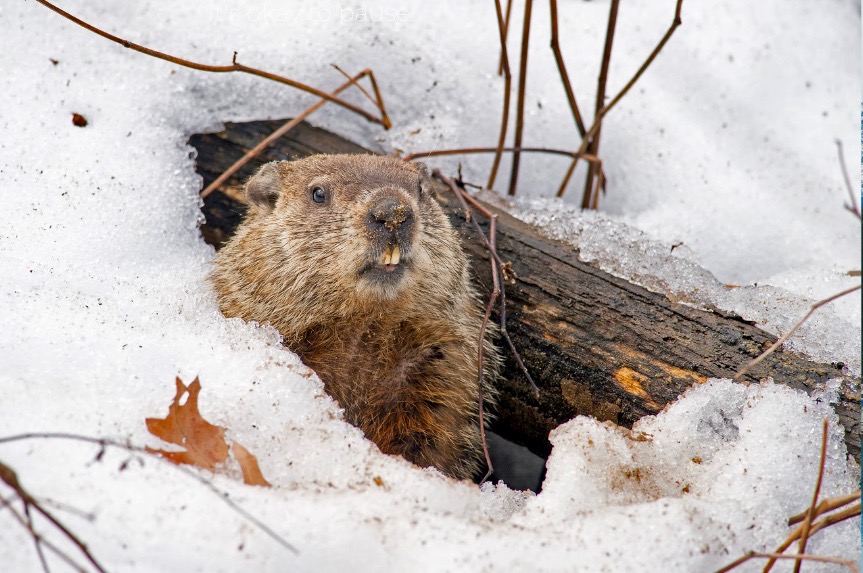
by CHRC | Feb 2, 2021 | Covid-19, Future of Work, Human Capital, Inspiration, Pivoting, Productivity, Strategy
If Covid had a mascot, it would be the groundhog, at least in the United States. Various animals in different northern regions have stuck their necks out to foretell if winter is over. Every year on February 2, many cultures look for a sign that winter might end.
Recently, a podcast caught my attention; hadn’t hit start, hadn’t heard of the book, but who wouldn’t keep listening about a book called Wintering when it is January in the snowy North? The author, Katherine May, read a passage:
“Plants and animals don’t fight the winter; they don’t pretend it’s not happening and attempt to carry on living the same lives they lived in the summer. They prepare. They adapt.”
Suddenly you recall an Aesop’s fable, of the Ant and the Grasshopper. One creature is busy storing food for the cold weather, one plays in the sun and does not. You probably first heard this tale at about the age of five, and Aesop wrote, or at least recorded it, 5,000 years ago.
In her interview, the author says she feels that Covid has been one L O N G Wintering. Many of us have forgotten how to winter—how to store away preserves in our cellars for the seasons in which the harvests are not plentiful. Companies either don’t retain earnings for a rainy day or are pressured to pay them out to shareholders.
This February 2, the groundhog represents us emerging from our Covid Hibernation, looking for hope, an efficient vaccine distribution system, some semblance of normal. As we all know we will have at least six more weeks of Covid Winter, but perhaps we can resolve to prepare a bit more for our next “wintering”—whatever it may be—so that we might be more prepared, like the ant, and not have to go underground, like the groundhog.
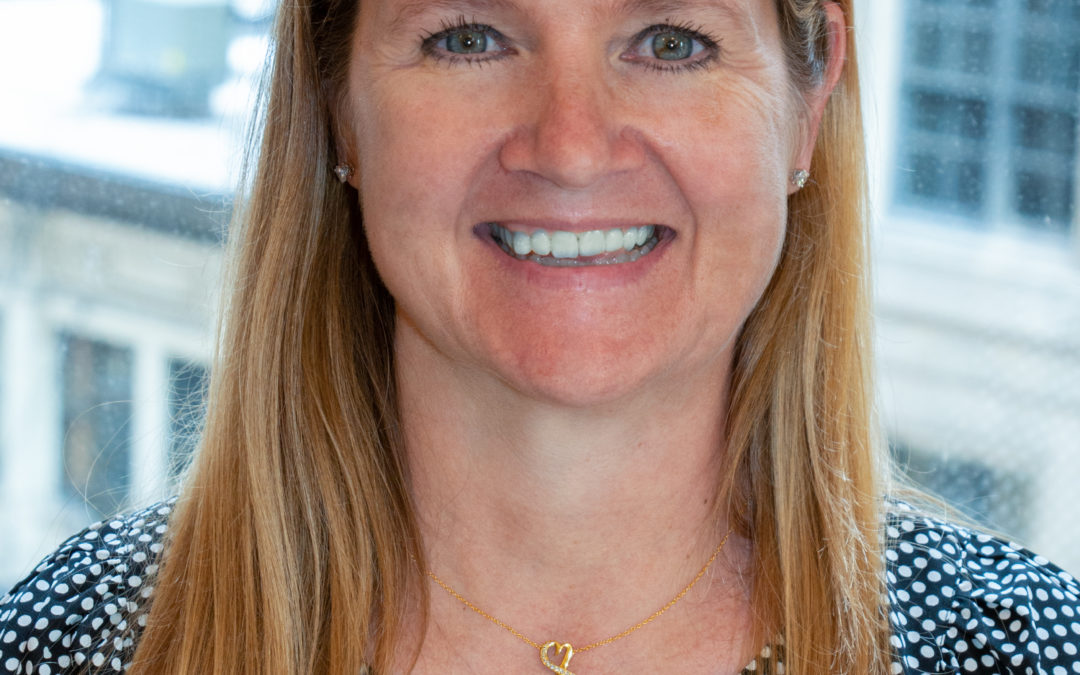
by CHRC | Jan 5, 2021 | Creativity at Work, Human Capital, Innovation, Inspiration, Productivity, Skilled Labor, Strategy, Work Place
Over the holidays, I hung out with one of my most inspirational friends from my adolescence. We spent many hours together reliving her many escapades (and the ways in which she inspired me to ride along on her adventures), even though I will never be as brave as she is. We even giggled about her hairdos and fashions. Don’t worry, we were socially distant the whole time—Nancy Drew was safely ensconced in the covers of her mysteries that made up this year’s holiday puzzle.
Unlike last year’s ridiculous puzzle undertaking, this year’s was not frustrating—it was fun. While no one else in my family helped, many other things did help with this puzzle. Intimately knowing the artwork of many of these covers, the ability to discern the difference between fashion across the decades, and then of course, an eye for fonts.
At some point in the endeavor, I was struck by a thought that differed from last year’s insight. It was at the point when you have done enough of the hard work that you notice a piece, recognize the color scheme or font, and remark, “Oh, I know where this belongs.” I started thinking about the types of Aha! moments that only come from long hours and deep thinking—a shortcut won’t get you there. It is only from studying something and understanding its nature, from having the patience to get to that point, that you can make a break-through. My mind immediately went to the scientists who developed the Covid vaccines in record time. They have spent careers doing the equivalent of 20,000 piece jigsaw puzzles. Their knowledge base far exceeded color schemes and fonts, but at the core of the development, patience.
So, I spent the rest of my time with Nancy pondering patience. What in our lives today (pre-Covid) fosters patience? In an age when many kids grow up with knowledge, entertainment, and transportation, amongst other things, at the tip of their fingers, how do we impart the value and lessons of patience to them?
We should all be extremely grateful to all the scientists who developed the Covid-19 vaccines in record time. Their patience and deep thinking was the key to solving the world’s biggest challenge.
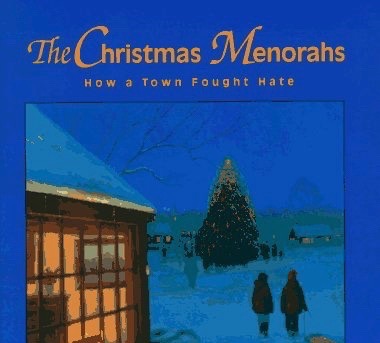
by CHRC | Dec 15, 2020 | Community, Covid-19, Diversity, Equity, Inclusion, Innovation, Inspiration, Leadership, Strategy
December is a tough time of year.
I do not like the days getting shorter.
In typical Decembers, I do not like the craziness of holiday shopping, the hectic nature of too many invitations jammed into the early part of the month, and the frantic feeling BEFORE December 25th. But what I do enjoy about December? Candles and lights. The more candles and the more lights, the better.
Several years ago two wonderful authors entered my December. One wrote a moving children’s book and the other discussed how she, as part of an interfaith family, embraces December. The children’s book that I discovered, and delighted reading as a library volunteer, is called The Christmas Menorahs How a Town Fought Hate. It’s a true story from 1993, when Billings, Montana took a terrible hate incident and used it as both a teachable moment, and a moment of united defiance against hate. I then heard Chicago author, Barbara Mahany, discuss how she treasures the December darkness as deeply spiritual, as a way to go inside, to shut out the early December hecticness, to embrace the two candle-centric holidays that her family celebrates. In turn, I now cherish our Advent wreath that burns brighter as the days grow dimmer.
In this December of 2020, when most of the world is facing a darker December than most, when we could all benefit from lighting as many candles in the darkness until the vaccine lightens the darkness for us, perhaps you can find this special holiday book, and read it to a young person in your life? Or perhaps, in need of hope and light, you can just read it yourself to reaffirm that light is indeed stronger than darkness.
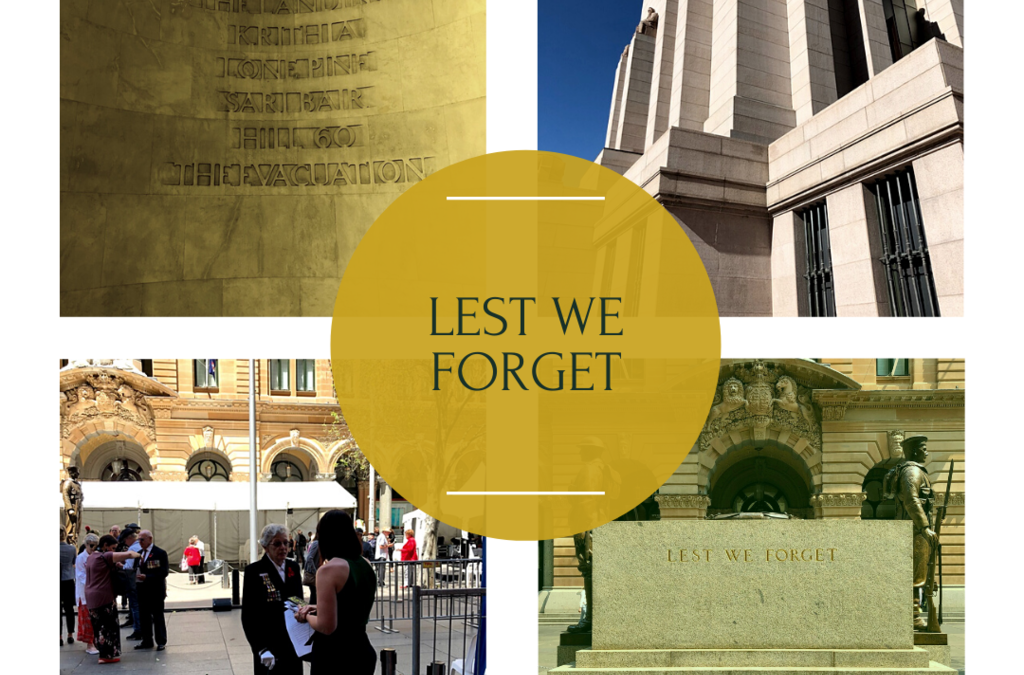
by CHRC | Nov 10, 2020 | Community, Covid-19, Human Capital, Inspiration, Leadership, Sacrifice
Every last one of us is experiencing COVID-19 Fatigue, and we’ve only been at this eight months.
A year ago I was in Australia for Remembrance Day. When I realized I would be there on the 11th of November, I knew where I had to be at 11 am. At the Cenotaph in Sydney, an older female veteran caught my attention, medals and all.
I first became aware of the outsized sacrifice of Australian and New Zealanders (ANZACs) in WWI, when I heard a folk song called “The Band played Waltzing Matilda.”
What the soldiers had to deal with when they came home in 1919? A pandemic. A year ago, I nodded in historic empathy, “Imagine, after nearly four years of war, all that sacrifice, for a small nation of 4.5 million when war broke out.” Nearly 62,000 soldiers died, to then come home and have an additional 15,000 people die from a pandemic?
It is November 11th again. We want to complain about pandemic exhaustion, but what we label exhaustion will never begin to compare to those that survived WWI only to battle through the 1918-1919 pandemic. We may go to war for the last roll of toilet paper, or battle with our loved ones to stay in or wear masks, but in the face of true sacrifice, it truly dims.





